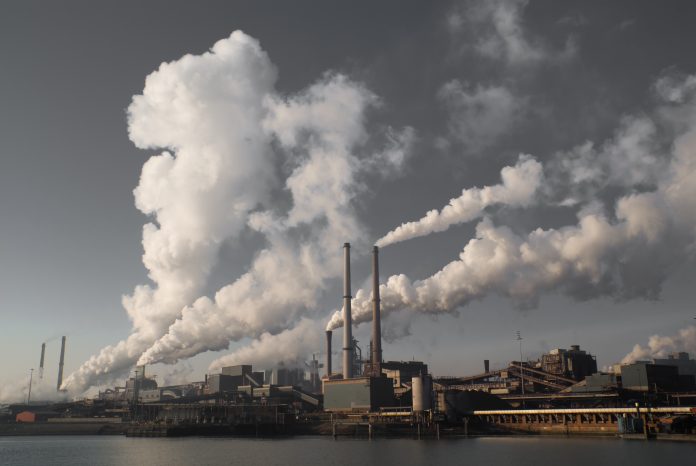As global air pollution levels increase, so has the toll it has taken on human health, as new data from the Air Quality Life Index (AQLI) reveals. However, this toll is not felt equally across the globe; why?
Research has revealed three-quarters of air pollution’s impact on global life expectancy occurs in just six countries.
Should the planet achieve a sustained reduction in fine particulate pollution (PM2.5) in line with the World Health Organization’s (WHO) standards, individuals, on average, could extend their life expectancy by 2.3 years. This equates to an extra 17.8 Billion life years saved worldwide.
This data clearly states that particulate pollution stands as the largest external threat to human health on a global scale. The impact on life expectancy is compared to smoking and surpasses alcohol use by three times and transport-related injuries by five times the amount.
Breathing danger, the health threats of air pollution
Michael Greenstone, Distinguished Service Professor in Economics at the College and the Harris School of Public Policy at the University of Chicago, said, “Three-quarters of air pollution’s impact on global life expectancy occurs in just six countries, Bangladesh, India, Pakistan, China, Nigeria and Indonesia, where people lose one to more than six years off their lives because of the air they breathe.”
Three-quarters of air pollution’s impact on global life expectancy occurs in just six countries
Many polluted countries need more basic air pollution infrastructure. The most striking examples include Asia and Africa. They contribute 92.7 % of life years lost due to pollution
Only 6.8 % of Asian governors and 3.7 % of African governors provide their citizens with full open-air quality data. Additionally, 35.6 % of Asian countries and a paltry 4.9 % of African nations have established air quality standards, the most basic building block for policies.
Tackling air pollution is a worldwide issue
The current combined investments in worldwide air quality infrastructure need to align with the regions most severely impacted by the toll of air pollution on human life.
While a substantial global fund exists, amounting to 4 billion USD annually, to address challenges such as HIV/AIDS, malaria, and tuberculosis, no equivalent concerted allocation of resources to combat air pollution exists.
The entire continent of Africa receives under 300,000 USD in philanthropic funds toward air pollution. 1.4 million USD is allocated to regions in Asia, excluding China and India. In contrast, Europe, the United States, and Canada collectively receive a substantial 34 million USD, according to data provided by the Clean Air Fund.











